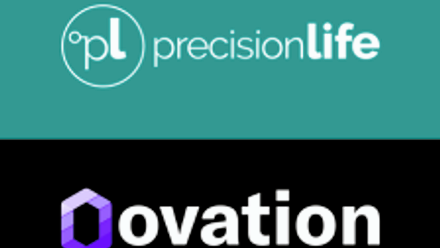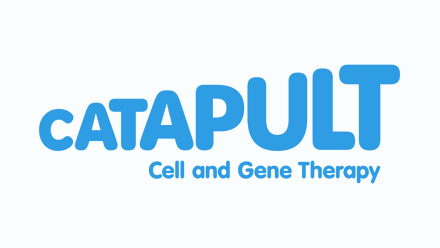A foundation for growth: unlocking health data for the life science sector

There are numerous collections of health data across the UK in the NHS, academia and cohorts like UK Biobank. These data assets have lots of potential, but it is not always easy for life science small and medium-sized enterprises (SMEs) to access them. These companies are key allies for achieving better health outcomes and economic growth in the UK. In this blog, Emma Lawrence, Head of Data Tech Policy and Public Affairs at BIA, explains why BIA is publishing a health data access industry checklist to support data access.
Access to health data: an ongoing challenge
Three years ago, the BIA published a paper outlining the technical and governance requirements of UK SMEs for the new secure data environments (SDEs). At the time, we emphasised how access to quality data, via a clear, timely access process, is essential for fostering innovation, improving patient outcomes, and driving the growth of the life sciences sector.
Fast forward to today, and the conversation around data access has evolved. A national review and the announcement of a Health Data Research Service have happened this year alone. Despite all this, two things remain the same:
1. SMEs are at the heart of the innovation that will drive the future of healthcare and
2. They continue to face significant barriers when it comes to accessing and using health data.
In our ongoing effort to support these companies, the BIA’s data access subgroup has developed a Health data access industry checklist. This tool is designed specifically to outline what SMEs need from health data custodians to ensure that data environments are truly enabling for smaller businesses.
Accessing health data: the challenges
As we highlighted in our previous blog, access to high-quality health data is paramount in driving innovation in life sciences. For SMEs, this data is crucial for everything from developing new therapies to conducting clinical trials and personalising treatment options. However, there are still numerous barriers to accessing and using health data effectively, including:
- Cost: For SMEs, data access often comes with financial costs, which can be prohibitive for small companies, especially when the quality of data is uncertain.
- Complexity: Navigating the complex landscape of data sharing agreements, privacy regulations, access processes and governance can be overwhelming for smaller organisations with limited resources.
- Data quality and scale: SMEs need access to data that is not only accurate and reliable but also relevant to their specific research and development needs. Too often, available datasets are broad, general, or lack the granularity required for specific projects.
- Technical environment: Many SDEs do not have the right technical standards such as compute to keep up with innovations in the sector.
These challenges are not just obstacles; they represent missed opportunities for innovation and growth in the life sciences sector.
Introducing the Health data access industry checklist
In light of these challenges, the BIA’s data access subgroup has developed a Health data access industry checklist to highlight the needs of industry. This resource is not just a tool, but a call to action for health data providers, policymakers, and other stakeholders to create environments where SMEs can thrive.
The scorecard is structured around several key criteria that SMEs need from health data providers:
- Pricing – clear pricing available for budgeting purposes
- Turnaround time and Transaction efficiency – commitment on turnaround times to provide business certainty
- Metrics publication – so that companies can see that data assets are experienced in working with SMEs
- Single front door – which makes it easier and quicker for companies to know where to go for data
- National scale linked data – which is much more powerful for research and innovation than regional data
- Technical – publication of technical standards, including security.
- Meta data availability – so innovators know exactly what data is available and how complete it is.
A call to action: supporting SMEs accessing UK health data
The BIA’s data access subgroup are inviting data custodians to read the SDE policy paper and use the checklist when designing and reviewing your processes.
By addressing the specific needs of SMEs, we can unlock a wave of innovation that will ultimately benefit patients, healthcare systems, and society. This checklist is designed not only to raise awareness of the challenges faced by smaller companies but also to foster dialogue between SMEs, data custodians, and policymakers to create a more inclusive and effective data ecosystem.
If you are a data custodian who is interested in learning more about how to support and engage with SMEs, please don’t hesitate to contact us.
Read the BIA’s policy paper on SDEs.
Contact Emma Lawrence to find out how you can get involved.




